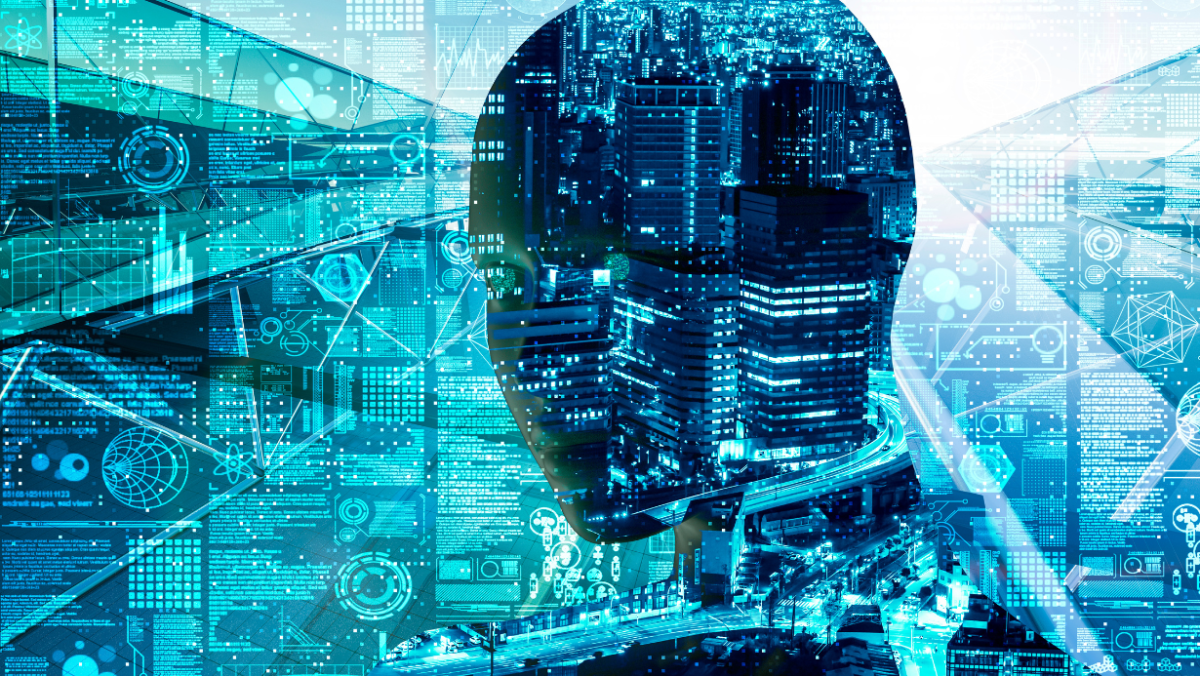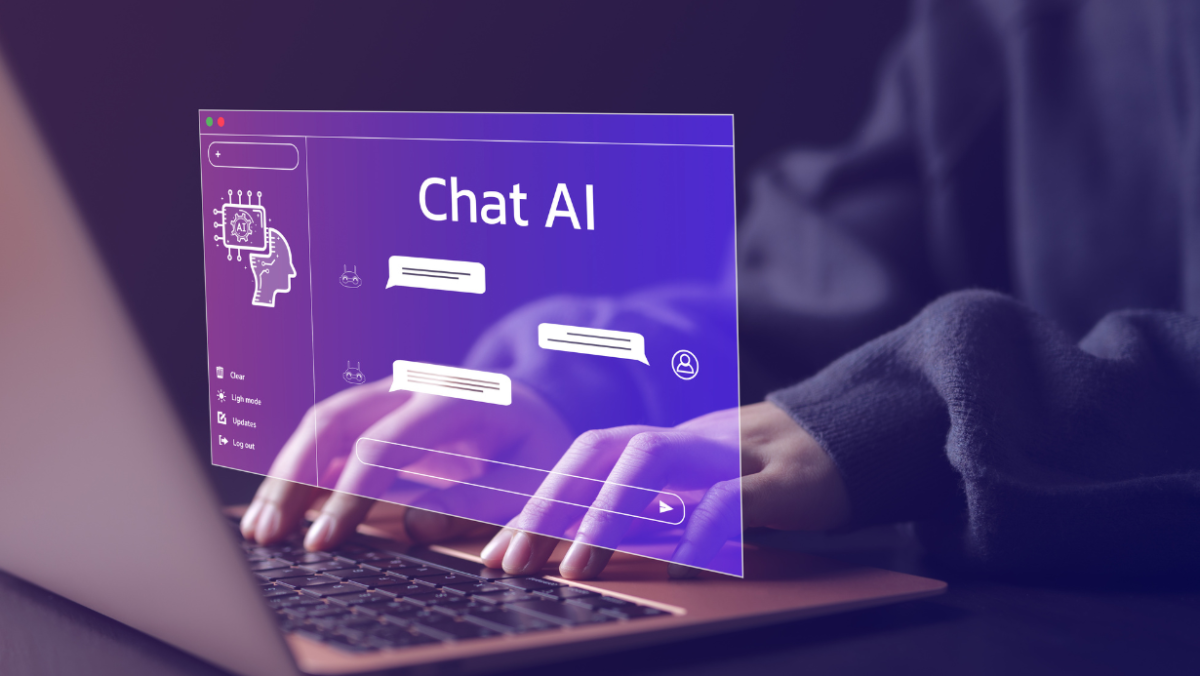Can you imagine a world where machines learn, evolve, and make decisions? That’s the reality you’re living in today, as Artificial Intelligence (AI) is not just a fancy buzzword but a transformative force shaping every industry and aspect of our lives. From the smartphone in your pocket to the way businesses operate, AI’s influence is pervasive, subtle, and often unnoticed.
However, as we march further into this brave new world of machine learning and automation, it’s crucial to understand the potential challenges and ethical implications of AI.
The question isn’t whether AI will transform the world as we know it, but how it will do so, and what that means for you, individually, and us, collectively.
Understanding the basics of AI
Let’s dive right into the core basics of AI, demystifying its complex concepts for your better understanding.
AI, or Artificial Intelligence, is a branch of computer science that aims to create machines that mimic human intelligence. This doesn’t mean creating robots that think like us, but rather systems that can ‘learn’ from experience and perform tasks that normally require human intelligence, like interpreting natural language, recognizing patterns, or making predictions.
You’ve probably interacted with AI more than you think. Ever used voice commands on your phone? That’s AI interpreting your speech. Ever been recommended a show on Netflix? That’s AI predicting what you might like based on your past habits.
But, it’s not magic. AI works by processing large amounts of data and learning patterns within that data. It’s a process called machine learning, and it’s what allows AI to improve over time.
Don’t be fooled into thinking AI is the future. It’s here, it’s now, and it’s transforming the way you live, work, and play. Understanding it isn’t just for tech nerds – it’s for anyone who wants to stay ahead of the curve. So continue exploring, and you’ll be surprised at what you’ll discover.
AI’s Impact on various industries
Navigating through various industries, you’ll quickly notice the transformative power of AI, revolutionizing everything from healthcare to finance. Predictive algorithms are enabling early detection of diseases, while automated trading systems are creating a new paradigm in investment strategies.
Here are three significant impacts of AI:
- Healthcare: AI’s ability to analyze vast amounts of data can lead to early diagnosis and personalized treatment plans. Imagine the relief of knowing that a disease has been detected early enough for effective treatment.
- Finance: AI is reshaping the finance industry. Robo-advisors are making investment decisions, eliminating human errors. Picture yourself reaping the benefits of an investment strategy that’s backed by machine precision.
- Manufacturing: AI-powered robots are performing tasks with unprecedented accuracy and speed, resulting in higher productivity. Visualize a world where your products are made faster, without compromising on quality.
As you can see, AI’s influence is profound and far-reaching. Embracing AI doesn’t just mean keeping up with technology; it’s about transforming how we live, work, and think. AI isn’t just changing the world; it’s making it better.
Everyday AI: From smartphones to smart homes
You’re already experiencing AI’s influence in your daily life, from the smartphone in your pocket to the smart devices in your home. When you ask Siri to play a song or search something on Google, that’s AI at work. It’s also behind predictive texting, and it’s what makes your social media feeds so addictively personalized.
AI’s ubiquity doesn’t stop at your phone. Your smart home devices, like Alexa or your Nest thermostat, rely on AI too. They learn from your habits and adjust accordingly, making your life easier and more efficient. Even your Netflix recommendations come from AI algorithms tracking your viewing habits.
But it’s not just convenience. AI also enhances safety. For instance, smart security systems use AI to differentiate between regular visitors and potential threats. AI-powered fitness trackers monitor your health, alerting you to potential issues.
In a nutshell, AI’s everywhere, quietly improving your life. From making tasks simpler to providing personalized experiences, it’s changing the way we live, one smart device at a time. And as technology advances, you can expect AI’s role in your everyday life to only grow.
The challenges and ethical implications of AI
While AI’s role in improving our everyday lives is undeniable, it’s equally important to consider the challenges and ethical implications that come with its widespread use. As AI becomes more prevalent, it brings to light some daunting concerns.
- Job Displacement: AI’s efficiency might mean you’re replaced by a machine. It’s unsettling to think that the very technology designed to better our lives could leave us jobless.
- Privacy Invasion: Your personal data helps AI systems learn and improve. But imagine a world where every detail about you is accessible and used without your consent. It’s a chilling thought, isn’t it?
- Bias and Discrimination: AI systems learn from data that’s often biased. This could lead to unfair treatment or decision-making. The thought of being judged by a skewed algorithm is alarming.
We can’t ignore these realities. Yes, AI has enormous potential, but it also presents significant challenges. It’s crucial that we strike a balance between leveraging technology and preserving our ethical standards.
But remember, it’s not just about creating advanced AI. It’s about creating AI that respects us and the values we hold dear.
The future of AI: Predictions and possibilities
As we step into the future, it’s crucial to ponder on AI’s potential impact and the exciting possibilities it harbors. Imagine a world where AI is integrated into every aspect of our lives, making tasks simpler and more efficient. But what could this future look like?
| AI Development Areas | Current Status | Future Predictions |
|---|---|---|
| Healthcare | AI is utilized for diagnostics and data management | AI could personalize healthcare and predict diseases |
| Transportation | AI is used in self-driving cars and traffic management | AI could revolutionize transport with flying cars and autonomous vehicles |
| Education | AI aids in personalized learning and grading | AI could provide equal education opportunities globally |
In healthcare, AI now assists with diagnostics and data management. The future could see personalized healthcare, predicting diseases even before symptoms appear.
In transportation, AI powers self-driving cars and manages traffic. Tomorrow, we could have flying cars and completely autonomous vehicles.
In education, AI helps with personalized learning and grading. The future might ensure equal education opportunities globally.
Conclusion
So, my tech-savvy friend, the AI revolution is nigh. Every click, swipe, or voice command, you’re frolicking with AI. Industries? They’re dancing to AI’s tunes. But beware, it’s not all sunshine and rainbows. There are ethical quagmires to navigate and who knows, the machines might just outsmart us!
But hey, let’s not fret about the impending AI apocalypse. Let’s just enjoy the convenience, while we still sit atop the food chain, shall we?
Frequently Asked Questions
How Can AI Be Integrated Into Educational Systems to Enhance Learning?
You can integrate AI into education by using adaptive learning systems, intelligent tutoring, and virtual reality experiences. It’ll personalize education, identify gaps in learning, and offer immersive, interactive educational experiences.
What Are Some of the Misconceptions About AI That the General Public Holds?
You might believe AI’s infallible or it’ll steal all jobs. Some even fear a robot uprising. These misconceptions stem from a lack of understanding about AI’s limitations and its purpose to aid, not replace, humans.
How Does AI Differ From Traditional Programming or Computing Systems?
You’re stepping into a whole new universe with AI. It’s not just code, it learns and evolves, unlike traditional programming. It’s like comparing a child’s toy car to a self-driving Tesla.
Can AI Be Used to Predict Natural Disasters or Other Major Events?
Absolutely, you can use AI to predict natural disasters. It’s adept at analyzing vast amounts of data swiftly, making it possible to forecast major events with increased accuracy and provide crucial warnings sooner.
What Are Some Notable Advancements in AI Outside the Realm of Technology and Industry?
Sure, AI’s made notable strides in healthcare, agriculture, and education. It’s helping doctors diagnose diseases, farmers increase crop yield, and educators personalize learning. It’s truly revolutionizing sectors outside traditional technology and industry.




